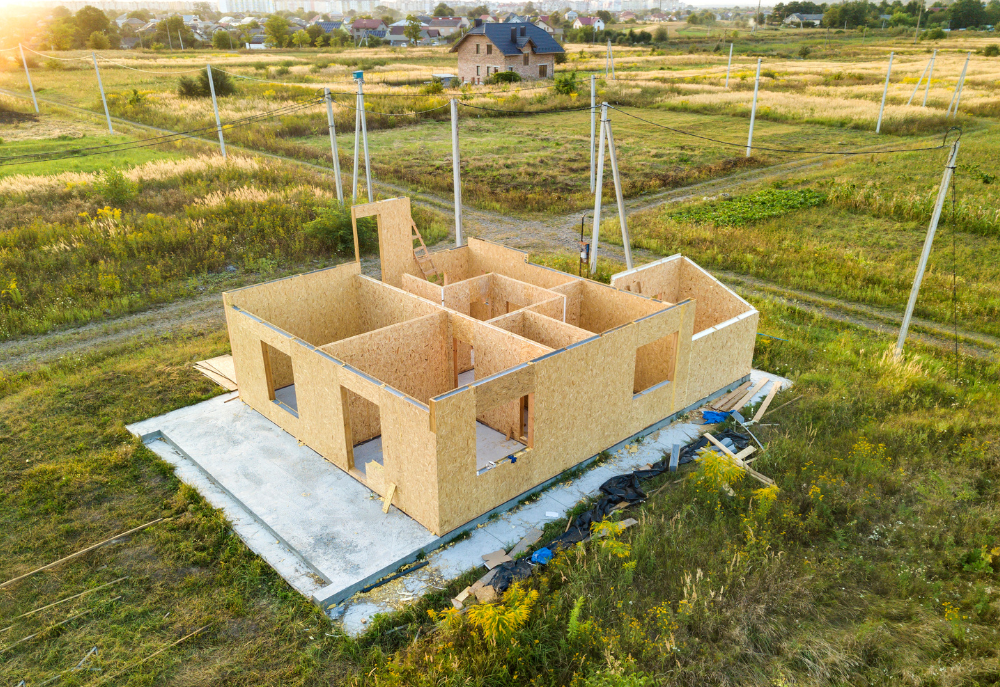Modular construction, also known as off-site construction, is gaining popularity as a modern and efficient method of building structures. This innovative approach involves the manufacturing and assembly of building components in a controlled factory setting, followed by their transportation to the construction site for final installation. In this blog post, we will explore the rise of modular construction, its advantages over traditional construction methods, and its future implications for the industry.
-
Increased Efficiency and Speed: Modular construction offers significant time savings compared to traditional on-site construction. By manufacturing building components in a factory, construction can proceed simultaneously on-site while modules are being produced off-site. This parallel process reduces project timelines, as modules can be quickly assembled on-site once the foundation is ready. As a result, modular construction can accelerate project completion by up to 50% compared to conventional methods.
-
Enhanced Quality Control: Factory-controlled production environments in modular construction ensure consistent quality control. Precise measurements, standardized processes, and strict quality checks during manufacturing minimize human error and increase the overall quality of the final product. Additionally, indoor construction eliminates weather-related delays and reduces the risk of moisture-related issues, resulting in improved durability and longevity of the structure.
-
Cost Efficiency: Modular construction can offer cost advantages over traditional construction methods. Factory-based production allows for better resource management, bulk purchasing, and reduced material waste. Additionally, the controlled environment minimizes the risk of theft, vandalism, and weather-related damage to materials and equipment. The shorter construction timelines also lead to reduced labor costs, financing costs, and potential cost overruns.
-
Sustainability and Waste Reduction: Modular construction aligns with sustainability goals by reducing waste and promoting efficient resource utilization. Factory production enables the optimization of material usage, with leftover materials easily recycled or repurposed for future projects. Moreover, the ability to precisely plan and pre-fabricate modules minimizes construction site waste and disturbance, resulting in a smaller ecological footprint compared to traditional construction methods.
-
Design Flexibility and Adaptability: Modular construction offers design flexibility and adaptability to various building types and styles. Modular components can be customized to meet specific design requirements and can incorporate various architectural features. Additionally, modular buildings are inherently designed for future expansion or reconfiguration, allowing for easy integration of new modules or modifications to meet changing needs.
-
Technological Integration: Modular construction is well-suited for integrating advanced technologies and smart building systems. Factory production allows for seamless integration of components such as pre-wired electrical systems, smart controls, and energy-efficient features. With the rise of the Internet of Things (IoT), modular construction can further leverage technology to create intelligent, connected buildings that enhance occupant comfort, energy efficiency, and operational performance.
The rise of modular construction marks a significant shift in the way buildings are designed and constructed. With its inherent efficiency, enhanced quality control, cost advantages, and sustainability benefits, modular construction is rapidly gaining traction across the industry. As technology continues to advance and more stakeholders recognize the advantages, modular construction is expected to become increasingly prevalent. The future implications of modular construction include greater design innovation, improved construction techniques, and the potential to address housing shortages and infrastructure demands more effectively. As the industry embraces this modern construction method, the possibilities for modular construction are vast, promising a more efficient, sustainable, and adaptable built environment.








[…] https://raymondsearchgroup.com/the-rise-of-modular-construction-advantages-and-future-implications/ […]